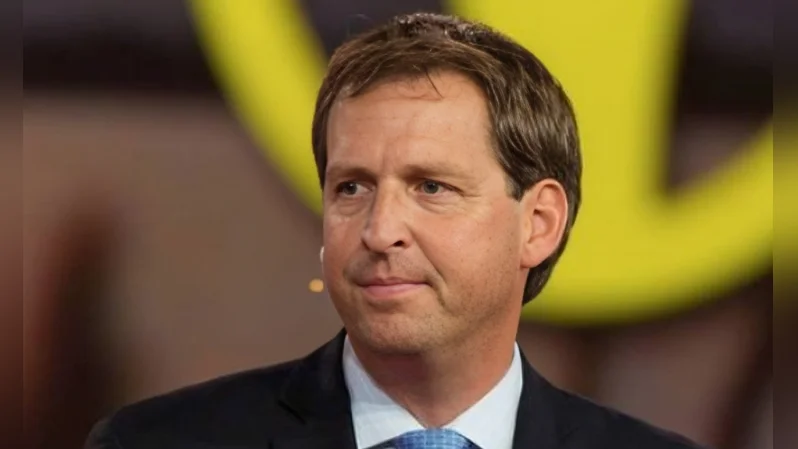
In an era of increasing government surveillance, most Americans value their privacy and object to unwarranted snooping into their personal lives. However, a ruling in the Michigan Supreme Court could have serious national implications concerning both warrantless government surveillance and the use of technologies like drones.
The case, Long Lake Township v. Maxon, concerns Michigander Todd Maxon, who restores old cars as a hobby. In 2018, Long Lake Township brought a civil zoning action against Maxon for allegedly violating a previous agreement with the Township regarding the number of immobilized cars on his property. The real issue, however, is that without Maxon’s knowledge, the Township used a drone to obtain photos of the property on three separate occasions, all without a warrant.
In court, Maxon accused the Township of infringing on his Fourth Amendment rights, which protect citizens from unwarranted and unreasonable searches.
Unfortunately for Maxon, the Michigan Supreme Court ruled against him, holding that in some cases, the government can still use unconstitutionally gathered evidence in court. Institute for Justice attorney Mike Greenberg stated that "the ruling was a blatant denial of rights protected by the Fourth Amendment," adding that "the MI Supreme Court has created a giant loophole that puts all Michiganders at risk of warrantless surveillance."
"The government shouldn’t be rewarded when it engages in behavior that undermines the core constitutional rights of its citizenry," Greenberg said. He further argued that "allowing warrantless drone surveillance photos to be used as evidence against an individual who was using their private property in a way that was not bothering anyone sets a troubling precedent."
What happened in Michigan is not an isolated incident. During the pandemic, a town in New Jersey infamously used drones to spy on its citizens and enforce social distancing rules. The town was just one of many that engaged in such tactics.
For years, law enforcement has seen the value of drones to assist in their work. Police departments across the nation are increasingly incorporating drone usage in carrying out their public safety mission.
Data collected through a FOIA request by the American Civil Liberties Union in New York City showed that in New York alone there are over 500 drone registrations by 85 different New York government entities, with most registrations belonging to law enforcement agencies. That is just one state, underscoring how prevalent this issue may become as more state law enforcement agencies ramp up utilization of this technology.
While supporting public safety missions is critical, it is also important to protect citizens from undesirable and unwarranted surveillance. Drones should not be weaponized against civilians to violate their reasonable expectation of privacy under any circumstances—including zoning disputes like what happened in Michigan.
The court’s ruling revealed that there is a fine line between enforcing law and infringing on citizens’ privacy; according to critics like Greenberg, Long Lake Township crossed that line. The case could have constitutional ramifications as other states may use its outcome to guide how they employ similar technology.
It could also do lasting damage to public trust in law enforcement. If more Americans witness or read about invasive uses of drone technology, they may lose faith in institutions tasked with protecting them.
The ruling in Long Lake Township v. Maxon serves as a reminder of what is at stake when governments use technology without legislative limitations. Both state and federal governments should act swiftly to strike a balance between empowering law enforcement and protecting Americans’ constitutional right to privacy against warrantless surveillance.
James Czerniawski is Senior Policy Analyst for Tech and Innovation at Americans for Prosperity. Sarah Clark is Research Assistant with Americans for Prosperity Foundation.